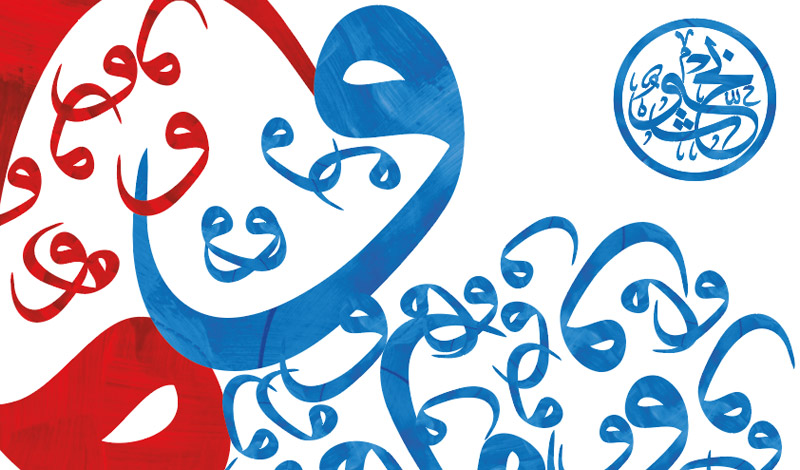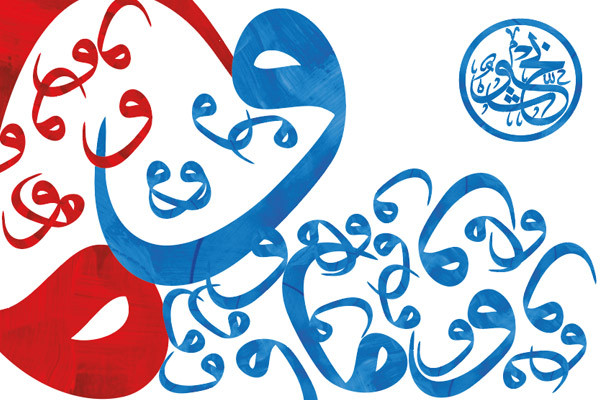Al Hariri`s Resignation and the Regional Impact
On Saturday, the prime minister of Lebanon, Saad al-Hariri, tendered his resignation on the grounds of fears that he would be assassinated in a similar fashion to the murder of his father, Rafik al-Hariri, in 2005. He stated that there was a plot to assassinate him and he accused Iran and its ally Hezbollah of being behind it.[1]

- by Mark Douglas McKinney ,
- Friday, 10th November, 2017
The pressure of being the prime minister of Lebanon, but very much under the watchful eye of the Iran-backed Hezbollah, has clearly taken its toll on Prime Minister Hariri. The ‘forced’ resignation maybe part of a plot to destabilize the country by Iran and its proxy, Hezbollah, which is likely to cause tensions between Sunni and Shi’ite Muslims to escalate.
After years of political deadlock, Prime Minister Saad al-Harari, formed a coalition government which offered some hope of peace and stability for the country, however it collapsed with the withdrawal of Hezbollah ministers during a visit of President Barak Obama in 2011. The government’s reinstatement with al-Hariri as the prime minister surprised some observers when it reformed last year but it was only possible through the intervention of Michel Aoun, who is a Christian ally of Hezbollah. However, the growing hegemonic ambitions of Tehran, the power of Hezbollah and pressure from Riyadh have clearly made the coalition government’s task of running the country impossible. A number of countries have designated Hezbollah as a terrorist organization, however it does not fit the normal template of most terrorist groups, as it has grown into a conventional fighting force which has many thousands of soldiers who are equipped with a myriad of military equipment which includes main battle tanks. The Lebanese army has been overshadowed by the group for years and maintains a cordial, albeit uneasy relationship with its leadership. Some analysts believe that it even takes orders from the leadership of Hezbollah and perhaps the lack of complete control of his own armed forces may also have contributed to Prime Minister al-Hariri’s decision to resign.
Al-Hariri’s close affiliation with and substantial financial support from Saudi Arabia may have been a factor which caused those Iran-backed elements opposed to the relationship to plot to assassinate him. He previously stated that Hezbollah and Iran had brought Lebanon into the ‘eye of a storm’ of international sanctions. He spoke out in open defiance of Hezbollah’s aggressive policies stating that the group was ‘directing weapons at Yemenis, Syrians and Lebanese’ and he added that ‘the Arab world would cut off the hands that wickedly extend to it.’ It appears that elements of the Iran-Hezbollah alliance sought to curtail his opposition to their activities by issuing a series of threats against him which caused his resignation.
Another theory on Prime Minister Saad al-Hariri's resignation is that Riyadh gave him an ultimatum which directed him to stop compromising with Hezbollah, thereby putting the Iran-backed Hezbollah on a course for another confrontation or even another war with Israel. The fact that President Bashar al-Assad has had his own position consolidated and assured by his Russian and Iranian backers means that Riyadh’s attempts to wrest him from power using the rebel elements it supported has failed and perhaps this is its new preferred option for combating the threat Iran poses to the region. The stepping down of al-Hariri may be a move to point the finger of blame at Hezbollah accusing it of failing the Lebanese people and indeed the country, not adequately addressing the refugee situation and failing to finish the job of removing the remnants of those extremist groups, such al-Qaeda, Daesh and others from Lebanese soil.
One possible outcome could be that Hezbollah may feel obliged to initiate a confrontation with Israel as past experience in the Middle East has demonstrated that it has a unifying effect on Arab nations.[2] However, on this occasion it is not likely to be the case as Israel and Saudi Arabia have acknowledged that, for now at least, that Iran’s hegemonic aspirations through proxies such as Hezbollah need to be quickly curtailed. Some analysts believe that any war between Israel and Hezbollah will be fought to preserve the integrity of its borders. A full-on invasion, such as in 2006, is not believed to be part of Tel Aviv’s military thought processes, however there is likely to be a contingency plan, just in case. Israel will not initiate a conflict as it must consider its international standing which garners little support in the Middle East and beyond for military action against its neighbors. An attack by Iran or Hezbollah will have to occur before Israel can then launch a defensive operation to neutralize it. The international cries of ‘disproportionate force’ are likely to be still echoing in the minds of the Israeli military planners, which was an accusation widely levelled at the Israel Defense Forces during the conflict in Gaza in 2008. Tel Aviv is also unlikely to want to end up as a proxy of Riyadh whose wish is to degrade and blunt the power of Hezbollah and who better to do it and get the blame for it than Israel. Any transition to war will be carefully weighed up for its merits and of course its detriments. History has demonstrated that any conflict Israel is involved in is internationally forensically examined and therefore every measure to keep its forces acting within the rules of armed conflict and international law is always afforded a very high priority.
King Salman bin Abdulaziz al-Saud, and his son Prince Mohammed bin Salman, seem determined to continue their proxy war against Iran to stymie its hegemonic ambitions in the Middle East in Yemen, Syria and Lebanon.
It is unclear of what the future will hold for Lebanon, however it seems likely that the grip of the Iran-backed Hezbollah will tighten still further both politically and militarily in the country, and its wider influence in Iraq and Syria is likely to be maintained, if not increased which does not bode well for the future stability of the region given the fact that the Syrian war appears to be winding down in President Bashar al-Assad and indeed Iran’s favour.
Crown Prince Mohamed bin Salman bin Abdulaziz al-Saud’s anti-corruption crackdown of elements of the Saudi ruling elite has caused some serious concerns across the Middle East and indeed the international community. It has been seen as a means of consolidating the family power base of his father, King Salman bin Abdulaziz al-Saud, reform the feudal system in the country and turn it into a moderate outward looking country similar to Dubai, only bigger. However, it may in turn cause those detained members of the Saudi Arabian ruling elite to resist his attempts to fundamentally alter the status quo in the country. What form of resistance, if any, remains to be seen, however the maintenance of peace and stability after the arrests and detentions is critical to the smooth running of his proposed new order. Some observers see him as an ‘agent provocateur’ who could only have proceeded on the course of action he has taken with the strong support of his father in addition to a very large and loyal support base across the country.
Analysts said the purge aimed to go beyond corruption and aimed to remove potential opposition to Prince Mohammed's ambitious reform agenda, which is widely popular with Saudi Arabia's burgeoning youth population but faces resistance from some of the old guard more comfortable with the kingdom's traditions of incremental change and rule by consensus. Many ordinary Saudis praised the crackdown as long-awaited.[3]
The eyes of the Middle East and the international community are watching Saudi Arabia closely and most will be hoping that Mohammed Bin Sultan’s vision and actions for reform are successful as the Middle East’s wealthiest and largest country is vital for the maintenance of peace and stability in the region. The last thing which the Middle East needs is another ‘Arab Spring’ or worse an attempted coup d'état and the subsequent conflict and unrest which would inevitably follow.

Mark Douglas McKinney
Geostrategy and Defense (former)

